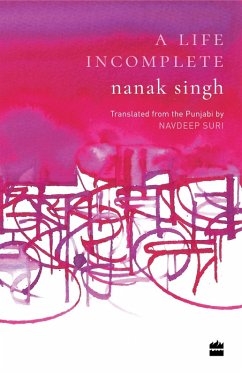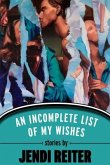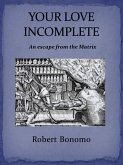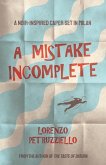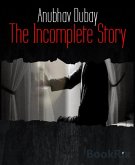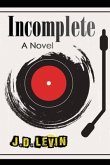British agitations, are thoughts of going home to his wife. When he returns, he finds out that his wife has died, leaving behind their infant child. As Kuldeep's world collapses around him, he negotiates the divergent pulls exerted by people around him: a holy man who advocates renunciation; his childhood friend Saroj, who has always loved him; and the tempestuous Prakash who hides an unsavoury past. Sahitya Akademi Award-winning author Nanak Singh draws on personal experiences to create this compelling portrait of Punjab in the 1920s. Originally published in Punjabi in 1940, Adh Kidhiya Phool is an intense meditation on the choices people make and the consequences these may have.
Dieser Download kann aus rechtlichen Gründen nur mit Rechnungsadresse in A, D, L ausgeliefert werden.

